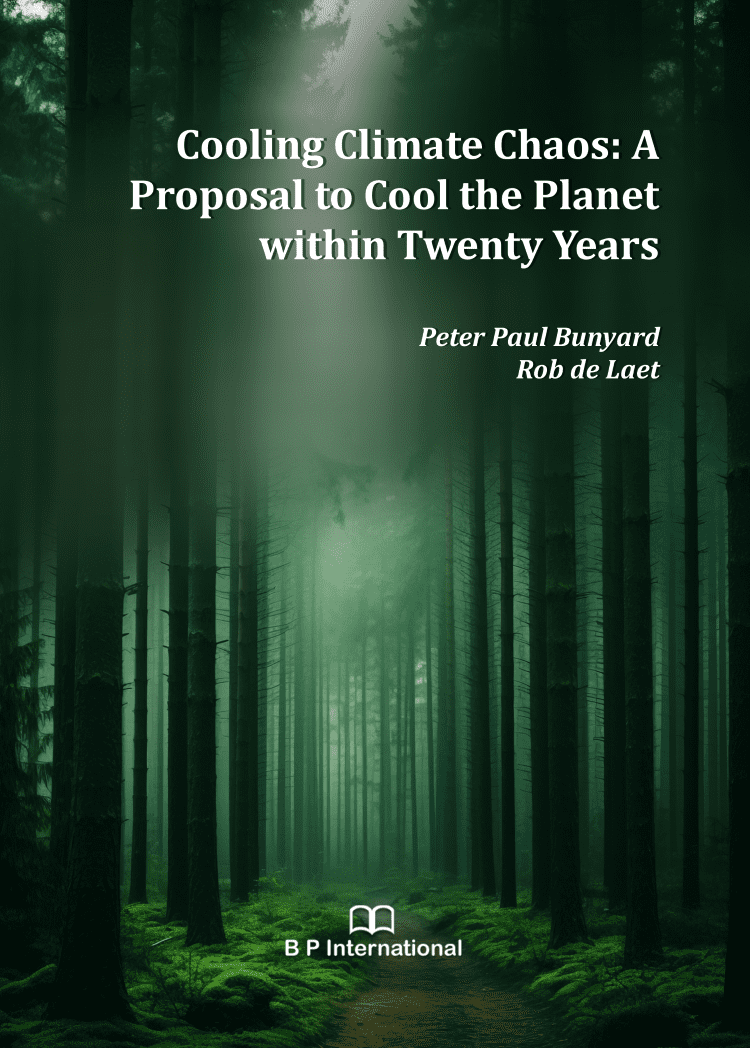
This newly published book by Peter Bunyard and Rob de Laet approaches the climate crisis and its solutions from a completely different angle.
“To address the climate crisis, now demonstrably causing havoc with life-killing extreme events,” the authors write, “we must not only transform our economic and societal models towards sustainability and resilience, we must have a more holistic understanding on what climate really is.”
In the book Cooling Climate Chaos, the authors work from James Lovelock’s Gaia Theory, a world view also prevalent in many Indigenous cosmologies. They operate from the hypothesis that the Earth functions as a living -super-organism, with ecosystems maintaining conditions for life to thrive. The book presents an in-depth look at the workings of the atmosphere in the context of a living planet and particularly the role of water.
The biosphere interacts with soils, water and the atmosphere to stabilize weather and cool the planet. The destruction of ecosystems disrupts these metabolisms and cycles, significantly contributing to global warming. Restoring the damaged biosphere and transitioning to sustainable food production and land use can stabilize weather and cool the planet remarkably quickly.
The approach in Cooling Climate Chaos offers effective climate solutions. We have seen climate restoration in smaller areas. If implemented wholesale by people everywhere based on local context, it will resolve most of the climate crises worst effects within decades, while benefitting society in many ways, including the protection of biodiversity, and correcting the gross inequity of our times. It may even open the possibility of slowing down partly inevitable sea-level rise.
While the authors are clear that reducing emissions is crucial, repairing nature and water cycles is every bit as important. Regenerative agriculture, agroforestry, and ecosystem restoration can help achieve a balanced climate, mitigate extreme weather, and sequester CO2. By leveraging these strategies, the say, we can restore the planet’s natural balance, creating a sustainable and abundant future.
Get the Book
If you want a printed copy of the book, you can purchase one here.
The authors have graciously made available to the Bio4Climate community a FREE limited time offer of the pdf version of the book.
Update October 2024
Scientific research in support of the book is available to institutional members via Springer.
Bio4Climate readers can access this paper at no charge here.


We use energy and create heat in everything we do (the present and future number of human inhabitants on this planet .
Therefore, to continue with the present doing and population is not viable ecologically.
Yes, the limited effect on planetary cooling is important and needs to be supported but a greater and more expansive change in the way we humans intend to live in synchronisation with the rest of nature is the most crucial factor if we as species are to survive and ecologically advance forward on this planet. The planet will let us know in no uncertain terms if we do not.